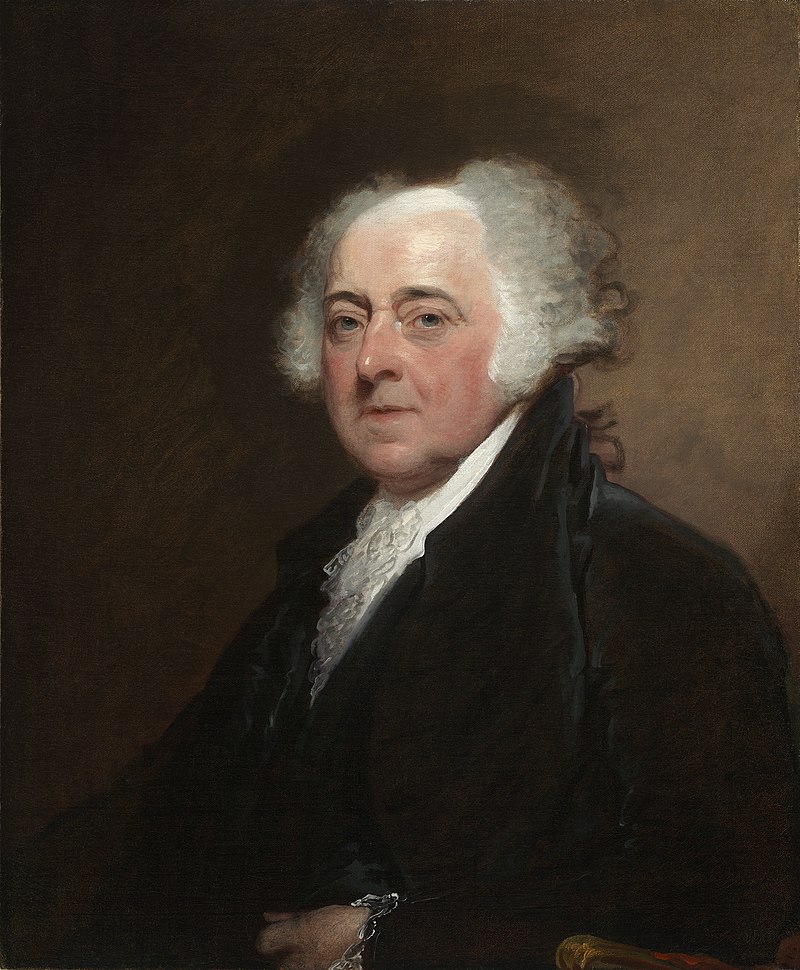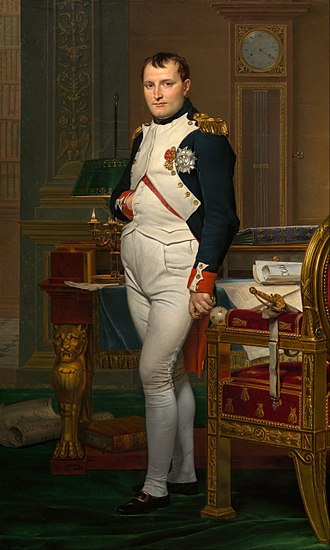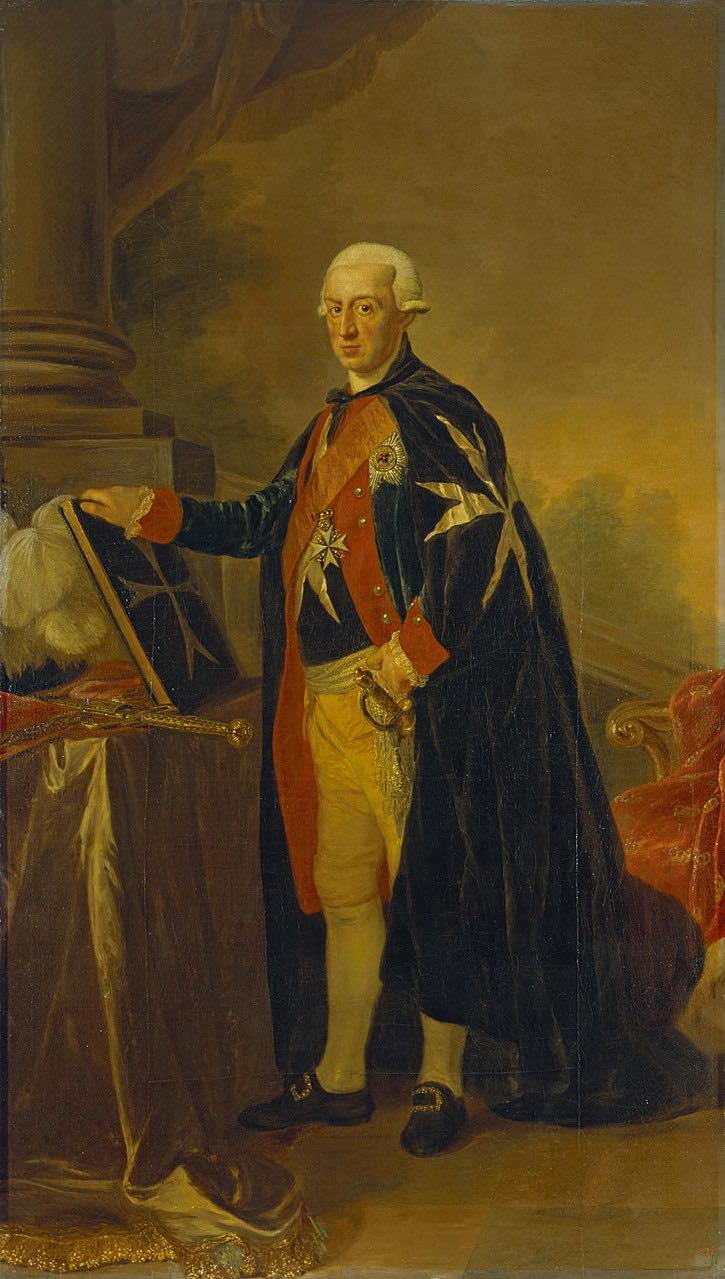
1800
Napoleon seeks an end to the war with America and enters negotiations. American demands of reparations are denied, and King Henry refuses any treaty excluding them. Britain wishes America to continue the war so as to help weaken the French Navy during the War of the Second Coalition. In an address to both nations, Congress and the Office of the Monarch issues ultimatums. If France wished to end the war, they must pay back the reparations. If Britain wished to continue the war, they must end all impressment of American sailors and release those in custody. Impressment had been radically scaled down in the years, but still continued on limited vessels. Britain is the first to accept terms, and thus America harasses French vessels to its various colonies in the West Indies.
A consulate is sent to the island of Saint Dominique. Trade relations are established and a military presence is stationed on the island. This hinders Napoleon’s hopes of colonial restoration and kick-starting talks of Haitian independence.
In the Congressional elections, states such as Kentucky, Tennessee, and many of the Southeastern States become strong Republican controlled areas. The Federalists and Libertarians form a coalition with regards to the issue of slavery. The Federalists maintain a stance of industrial reasoning, while Libertarians enact moral reasons.
New laws prohibit American sailors in participating and financially benefiting from the slave trade.
Prince Augustus Ferdinand arrives in America. Among those joining him are his wife, Elizabeth Louise, and his sons, Princes Louis Ferdinand and Augustus . King Henry I announces to Congress his naming of Augustus Ferdinand as his successor. Debate begins in Congress, as the Federalists do not have the required votes themselves to secure approval of the succession.
Napoleon seeks an end to the war with America and enters negotiations. American demands of reparations are denied, and King Henry refuses any treaty excluding them. Britain wishes America to continue the war so as to help weaken the French Navy during the War of the Second Coalition. In an address to both nations, Congress and the Office of the Monarch issues ultimatums. If France wished to end the war, they must pay back the reparations. If Britain wished to continue the war, they must end all impressment of American sailors and release those in custody. Impressment had been radically scaled down in the years, but still continued on limited vessels. Britain is the first to accept terms, and thus America harasses French vessels to its various colonies in the West Indies. A consulate is sent to the island of Saint Dominique. Trade relations are established and a military presence is stationed on the island. This hinders Napoleon’s hopes of colonial restoration and kickstarting talks of Haitian independence. In the Congressional elections, states such as Kentucky, Tennessee, and many of the Southeastern States become strong Republican controlled areas. The Federalists and Libertarians form a coalition with regards to the issue of slavery. The Federalists maintain a stance of industrial reasoning, while Libertarians enact moral reasons. New laws prohibit American sailors in participating and financially benefiting from the slave trade. Prince Augustus Ferdinand Ferdinand arrives in America. Among those joining him are his wife, Elizabeth Louise, and his sons, Princes Louis Ferdinand and Augustus . King Henry I announces to Congress his naming of Augustus Ferdinand as his successor. Debate begins in Congress, as the Federalists do not have the required votes themselves to secure approval of the succession.










.svg.png)